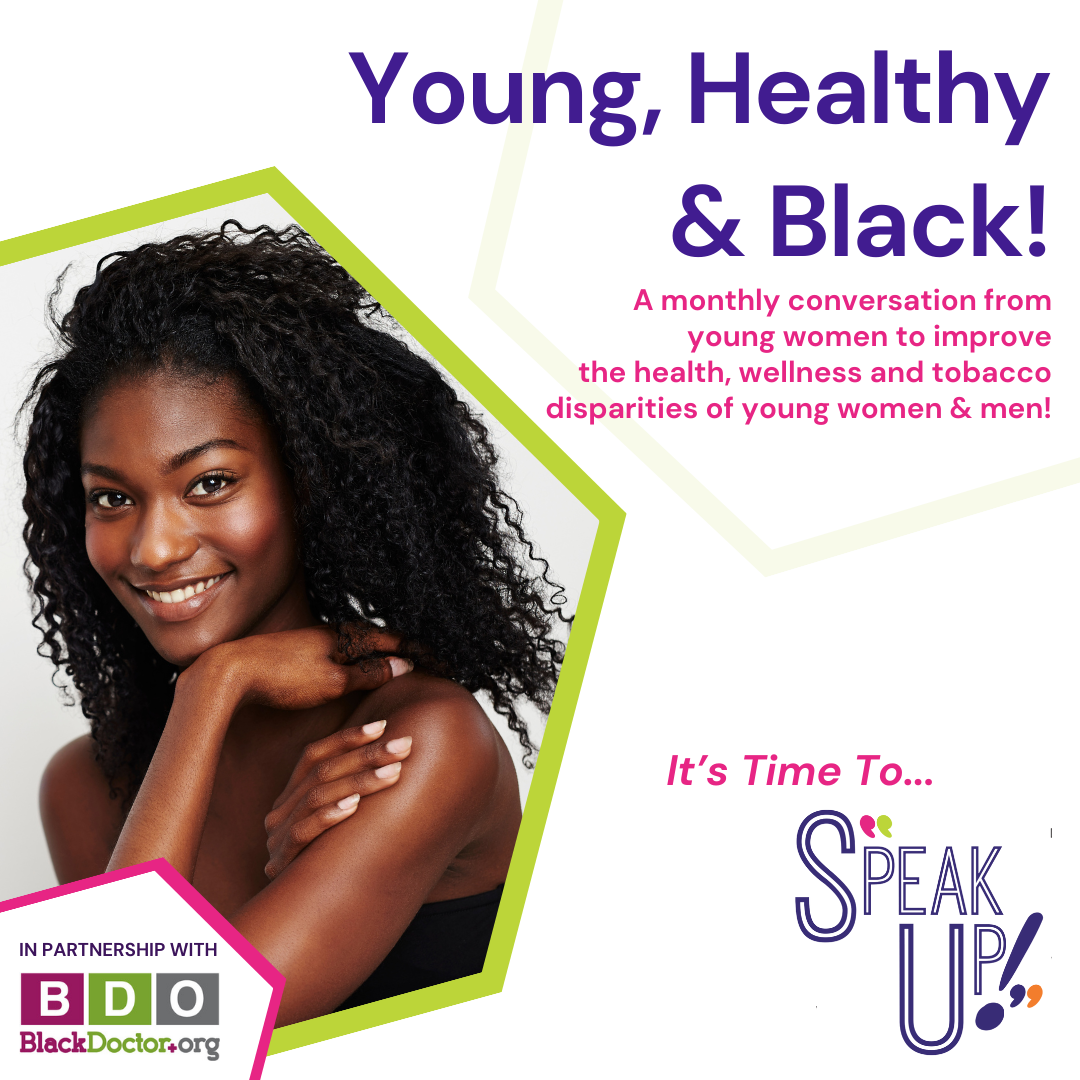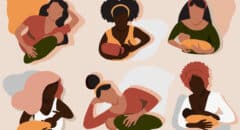
Hey, Lovelies, I'm so glad you landed here! I hope it's warm and sunny wherever you are! As we prepare to have a #HotGirlSummer, let's run it back to some big celebrations we've had. February was Black History month, followed by Women's History Month, then we had JUSTICE Ketanji Brown Jackson’s confirmation (please put some respect on her name), and last week was Black Maternal Health Week. So, let's get into it!
Did You Know?
- Black women are 3 to 4 times more likely to die from a pregnancy-related cause than White women?
- Black Maternal Week is April 11th-17th and was founded by the Black Mamas Matter Alliance to bring attention and action to Black Maternal Health?
- Race, education level, and socioeconomic status are not risk factors for adverse maternal outcomes?
What's the Tea?
Pregnancy is a time of transition, growth, and blessings, but this time is also marked with dread and fear for Black women. In the United States, Black women are dying at an alarming rate from preventable deaths. Black women experience maternal mortality (death) at higher rates than other racial/ethnic groups.
Severe maternal morbidity is an unexpected outcome(s) of the process of labor and delivery that results in significant short or long-term sequences to a woman's health and is considered a "near miss" for maternal mortality.
One hundred women experience severe obstetric morbidity for every maternal death. Currently, Black women experience 22 of the 25 SMM indicators at higher rates than any other racial and ethnic group. Black women also have higher preeclampsia rates, specific types of bleeding, asthma, cardiac events, and infections.
Postpartum Isn't For Snapping Back
Contrary to societal standards, the postpartum period is not a time for engaging in "snap-back" culture. Postpartum is one of the most crucial periods for mom and baby and is often considered the 4th trimester due.
During birth, whether it is vaginal or a cesarean section, women experience a traumatic yet sacred event. In the postpartum period, mom is recovering from birth and transitioning to caring for and nurturing herself and her baby (who has time to worry about a FUPA with all that going on-QTNA).
Along with getting acclimated to Mommying, Black women are also at increased risk of experiencing a postpartum hemorrhage (heavy blood loss after giving birth) and postpartum depression.
Many Black women living in non-expansion states fall into the coverage gap once Medicaid services end at 6-weeks postpartum, leaving them uninsured and underinsured. So when y'all are hitting new moms up asking when you can stop by to see the baby, make sure you ask her how she's doing and try to take something off her plate so she can eat, shower, or rest.
RELATED: 7 Things Pregnant Black Women Can Do to Be Heard by Doctors
If You Are or Know a Black Mama
Whether you are a Black or you know a pregnant Black mama, ADVOCATE, ADVOCATE, ADVOCATE! Any concerns, feelings, or discomfort you or they are having is valid and should be shared with a medical provider (you can also change providers at any time). Support, boundaries, and food are a new mama's best friends, so if you are a part of her tribe, please show up when you can.
Mamas, if you have a tribe, please ask for help! Studies have shown that having a doula improves all women's maternal and infant health outcomes, specifically Black women.
Some of the ways doulas support pregnant women include, but are not limited to, attending doctor's appointments with clients, assisting with other children while mothers rest, assisting women in finding resources, cooking and cleaning, and helping family members, typically young children get acclimated to an infant. So if you are a Black mama or you know a pregnant one, a doula is a great push gift or baby shower gift.
Here are some things to watch for during pregnancy and the postpartum period:
- Overwhelming tiredness
- Severe swelling, redness, or pain in arms or legs
- Frequent and worsening headache
- Dizziness or fainting
- Changes in vision
- Fever
- Swelling in the face or hands
- Chest pains, fast-beating heart, or trouble breathing
- Severe nausea and vomiting
- Baby's movements stopping or slowing down during pregnancy
- Vaginal bleeding or discharge during and after pregnancy
Closing
I know this topic is heavy, but losing a mom, especially a Black mama, has ripple effects on her family, community, society, and economy. Our Black mamas and babies deserve to live and thrive, so let's help them in any way that we can! As winter melts into spring (chile climate change is real), remember you know your body better than anyone. So, you are your best advocate! Please be sure to consult with a medical professional, preferably an Obstetrician/Gynecologist (OB-GYN) or Women's Health Nurse Practitioner or Physician Assistant, for more information, a diagnosis, or treatment. Be on the lookout for more articles from "SPEAK UP!" interns. If you are or know of any Black college-aged and enrolled women interested in advocating against tobacco cessation on HBCU campuses, please visit Save a Girl, Save the World (SAGSAW) for more information.
Aravia Patterson, MPH, is a 26-year-old intern with SAGSAW/SPEAK Up! She is currently a Ph.D. Student at the University of Louisville studying Health Promotion and Behavioral Sciences.
Resources
Here are a few resources for more information on Black Maternal Health:
National Birth Equity Collaborative









